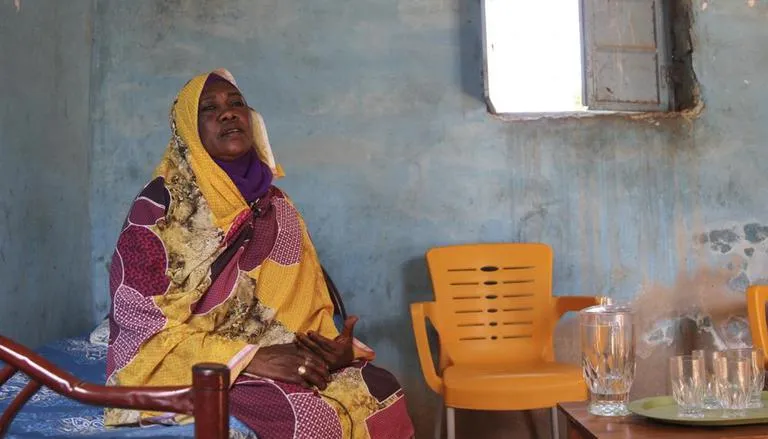The two Sudanese women thought they had malaria and were taking their medication, but things took a dire turn.
Both complained of a splitting headache and fever that didn’t respond to the anti-malaria treatment.
By the time proper tests were done and the women were correctly diagnosed with dengue fever, Raqiya Abdsalam was unconscious.
“Soon after they examined me, I fell into a coma,” she said, recounting her ordeal of some three months ago.
Both women have since recovered and are at home in the city of El Obeid in the central province of North Kordofan.
For decades, Sudan’s underfunded public health sector has struggled to effectively diagnose or treat patients as significant government spending went to its vast security services.
A recent spike in mosquito-borne diseases — such as dengue fever and malaria — has underscored the fragility of the African country’s health system.
While malaria is common across central and southern Sudan, large dengue outbreaks are rare.
But last fall and winter, dengue fever spread to 12 of the country’s 18 provinces, killing at least 36 people and infecting more than 5,200, according to Sudan’s ministry of health.
However, the actual numbers are likely higher, given the limitations on testing.
Amina Adris, also from North Kordofan, had similar symptoms to the ones experienced by Abdsalam.
“There was no improvement, the headache was getting worse. There was severe pain in my eyes and I was throwing up,” she said.
In North Kordofan — the site of the recent dengue outbreak — some believe the virus went unchecked for months due to a widespread lack of blood testing equipment.
Abdsalam and Adris, the two women from El Obeid, said several doctors had told them they had malaria before they were correctly diagnosed.
In October 2021, Sudan’s leading military figure, Gen. Abdel-Fattah Burhan, led a coup that derailed the country’s short-lived democratic transition.
“The whole country is in a state of chaos,” said Nada Fadul, an infectious diseases physician and associate of the Sudanese non-governmental organization NexGen.
“Health care might not become the priority for survival,” Fadul added.


